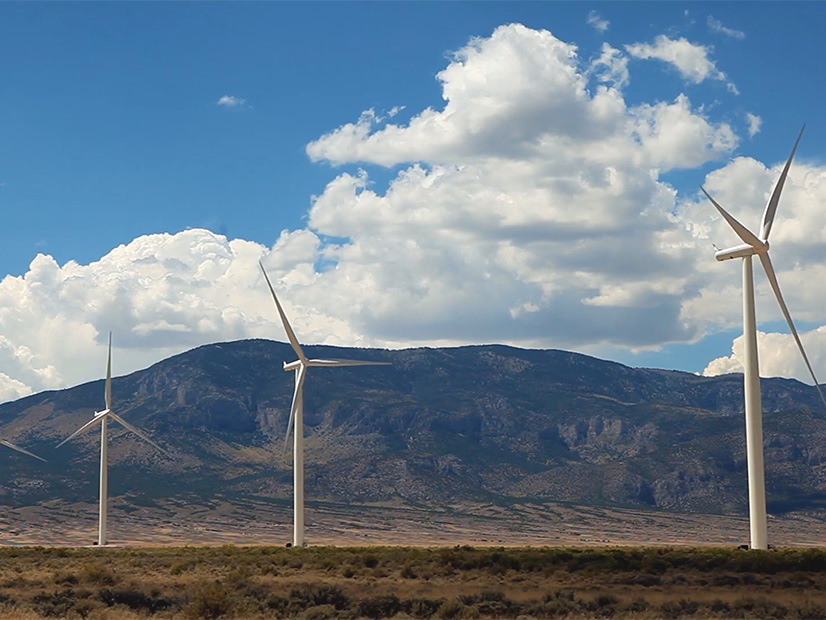FERC on Friday approved MISO’s and SPP’s plan to assign a new prioritization of projects to study in their respective interconnection queues.
The new priority will employ a “first-ready, first-served” approach in which the RTOs study the projects that are primed for interconnection first, rather than based upon the order in which they entered the queue (ER22-1533).
FERC said the new arrangement will provide more certainty by establishing a rank when the projects pass the queues’ first decision points instead of when they submit an interconnection request (SPP) or when they pay study fees (MISO).
The commission said the queues’ first decision-point deadlines are an appropriate touchstone because they’re “a point in time after most delays in the interconnection study processes occur.” The new priority should “reduce the possibility that lower-queued cycles or clusters will not have affected systems information from higher-queued cycles or clusters when major commercial decisions are made,” FERC said.
The priority will be used for the RTOs’ system impact studies, affected system studies, and cost assignments for network upgrades. The grid operators study each other’s nearby IC generation projects for potential effects that might require transmission upgrades in their footprints. MISO and SPP assign network upgrades costs identified in interconnection studies based on queue priority.
The grid operators said their ongoing joint targeted interconnection queue (JTIQ) transmission planning study compelled them to reexamine queue priority to ensure higher-queued generation projects aren’t holding up more prepared but lower-queued projects. (See Midwest Energy Policy Series Addresses JTIQ Projects.)
The new approach is effective with the 2020 cycle of MISO interconnection requests and the 2017 cluster of SPP requests.
The RTOs said their current practice “can lead to situations where interconnection customers are required to make significant commercial decisions about the viability of their projects without knowing what network upgrade costs they will be assigned after projects with higher queue priority have been studied.”
EDF Renewables supported the change, saying that it is “often faced with having to execute a generator interconnection agreement 12 to 18 months prior to receiving final affected system cost responsibility.”
Invenergy said the new prioritization will improve cost certainty for IC customers but said the effective date leaves out customers that entered the MISO queue in 2018 and 2019 and are still awaiting SPP study results. (See CGA Requests MISO Help for Late-stage Interconnection Projects.)
But FERC said the “proposed transition point appropriately respects the expectations of existing interconnection customers while improving the affected system study process for new interconnection customers.” It declined Invenergy’s request to include the 2018 and 2019 MISO queue cycles in the new ranking.
The change comes as MISO and SPP are proposing to do away with their affected system study process and instead conduct more frequent interregional studies like the JTIQ to get more generation online near their seams. (See SPP, MISO Propose Scrapping Affected System Studies.)




